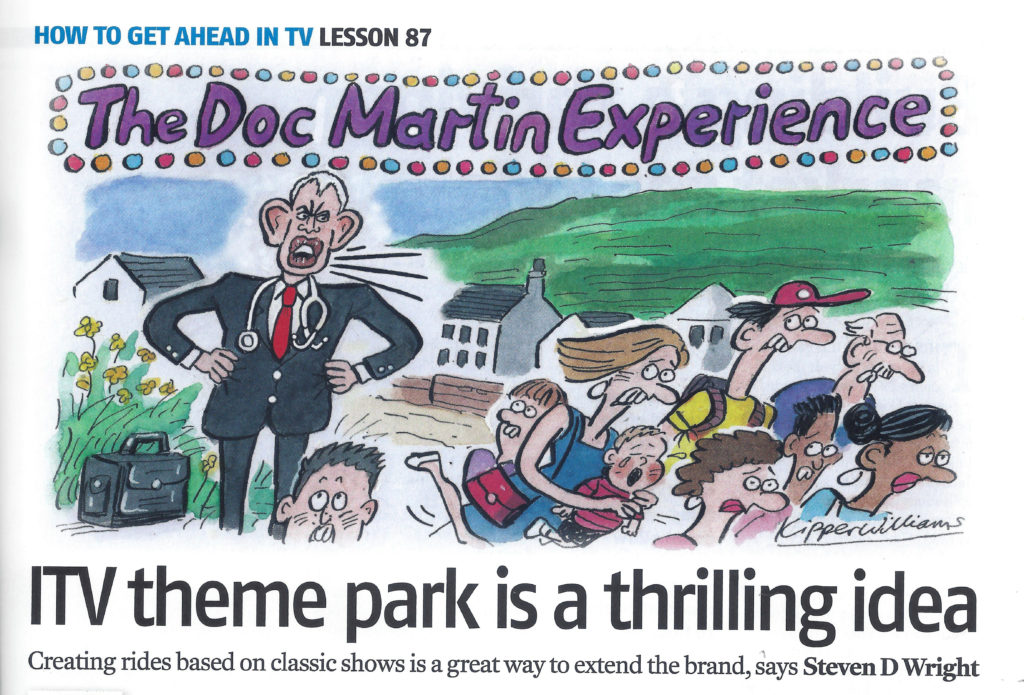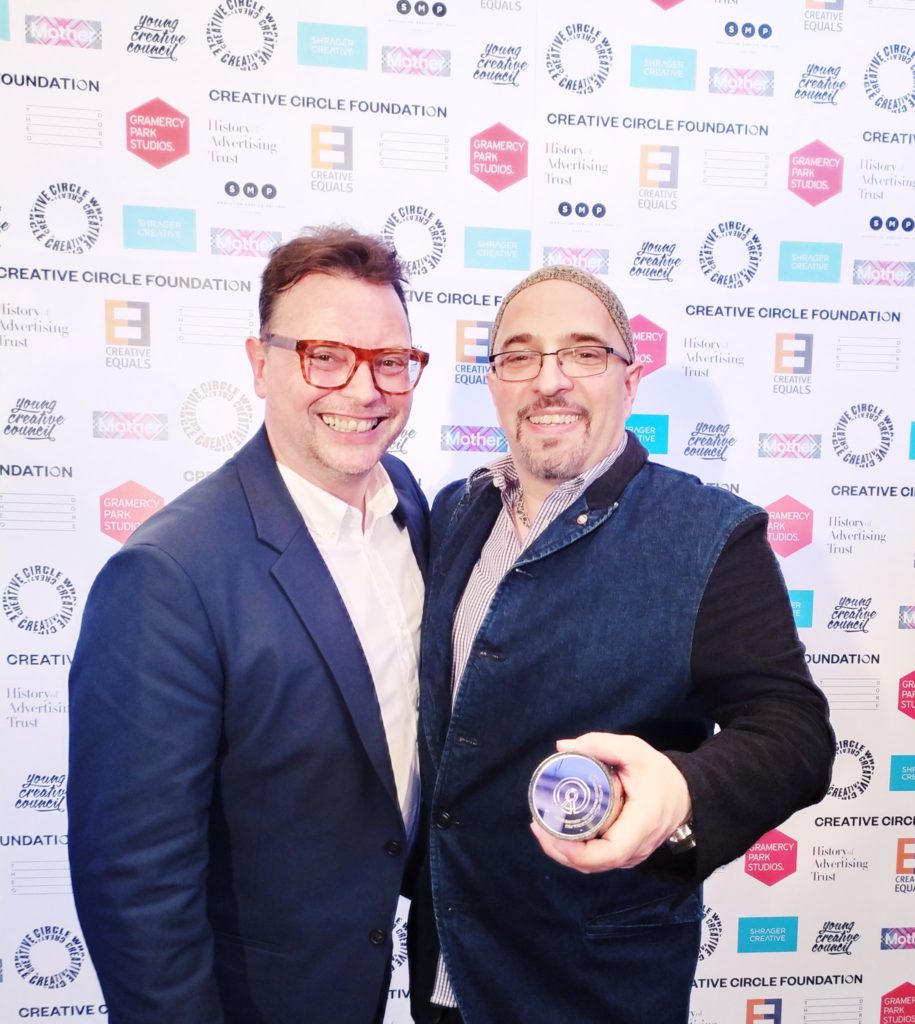
Almost exactly fifty years ago, in November, 1969, President Nixon went on television to appeal directly to Americans to back his Vietnam war stance.
His logic will be familiar to anyone following the shenanigans of Prime Minister Boris Johnson and his Project Leave cabal in London.
“And so tonight – to you, the great silent majority of my fellow Americans – I ask for your support.
I pledged in my campaign for the Presidency to end the war in a way that we could win the peace. I have initiated a plan of action which will enable me to keep that pledge.
The more support I can have from the American people, the sooner that pledge can be redeemed; for the more divided we are at home, the less likely the enemy is to negotiate at Paris.”
Prior to the November address, Nixon had been under pressure from anti-war protestors who had mobilized the “Moratorium to End the War in Vietnam”.
The November address was his fight-back. He talked of the protestors as “a vocal minority” threatening to prevail over “the will of the majority”. Americans were sufficiently convinced by what become known as his landmark “Silent Majority” Speech, and Nixon felt empowered to continue the war.
Perhaps Johnson/Cummings and the cabal have studied this celebrated manoeuvring by Nixon. Certainly they are using identical language and tactics to stifle debate, and to cast protest and dissent as unpatriotic.
But two facts should give them pause.
Firstly, these were the politics of Nixon. Not a man known for his decency or honour. Even if his politics were (at the time) successful, you wouldn’t feel comfortable emulating him. Remember, too, that the war he continued after the “Silent Majority” Speech involved catastrophic loss of life.
Secondly, and perhaps more pertinently, it turns out that, a year previously, Nixon had already, deliberately and illegally, scuppered the peace talks for which he now wanted public support to resolve.
In October, 1968, Nixon was running for presidency on his second try. It was looking close. The Paris peace talks looked like they were on, assisted by outgoing President LBJ. Successful talks would have given Nixon’s rival for the presidency, Vice President Hubert Humphrey, a pivotal boost.
A deal might have cost Nixon the presidency. So he directed his team – as documents unearthed in 2016 show – to ‘monkey wrench’ the talks.
It worked. Nixon’s contact with the South Vietnamese, Anna Chennault, persuaded them to stay away from the talks. The talks duly failed, and Nixon won the 1968 election, promising “new leadership will end the war and win the peace” – the very peace he had already, secretly scuppered.
So when I hear the Johnson government attempting to silence dissent by claiming that unfettered support is necessary for negotiations to succeed, I am wary.
When they imply that dissent is unpatriotic or traitorous, I am wary.
When they talk about “getting the deal that we need” as if there really were a viable deal in mind, I am wary.
When I remember that Johnson lied and tricked his way throughout his career in order to get to Number 10, I see parallels with the Nixon story.
I see a government which wants to silence dissent, to shutdown parliamentary democracy, to consider refusing Royal Assent to Parliament’s laws – not because it nobly desires the public’s indulgence during good-faith negotiations, but because it cannot tolerate scrutiny.
I see a government which knows full-well it is forcing a catastrophic, unmandated kamikaze strategy down the throats of an alarmed British public, and which is deflecting debate or even discussion of that strategy by pretending to be negotiating for a deal.
I see a government asking for support in advancing a cause it has no intention of pursuing.
And I foresee in years to come a similar unearthing of documents, in which our children will see that the Johnson cabal never even considered making deal talks work. Because, just like Nixon – and this much is not even a secret – in order to get to power in the first place, they had already, quite deliberately, scuppered them.
Further Reading:
https://www.nytimes.com/2016/12/31/opinion/sunday/nixons-vietnam-treachery.html
https://www.pri.org/stories/2017-01-03/new-evidence-indicates-nixon-himself-tried-sabotage-vietnam-war-peace-talks


